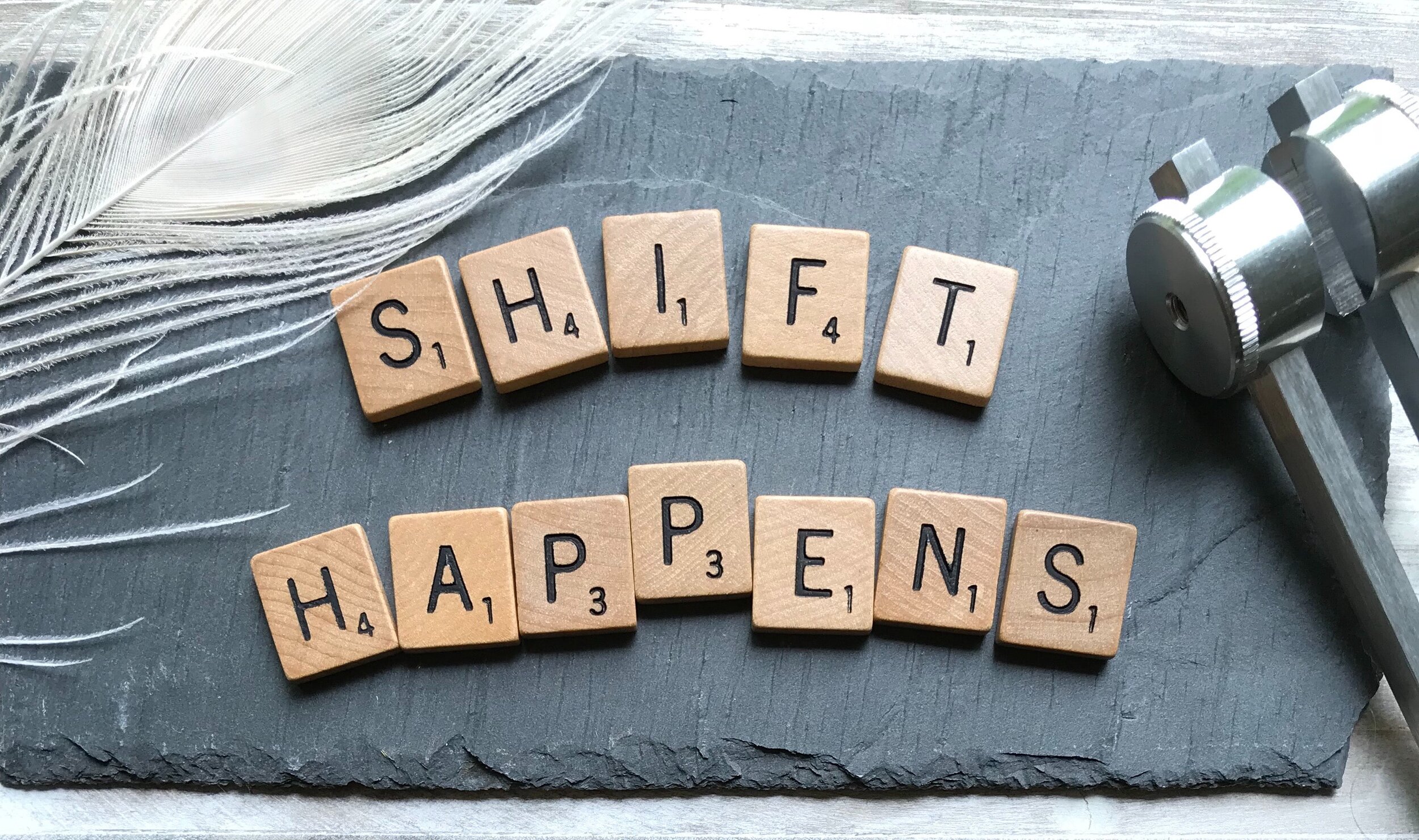Season 2, Episode 6: Encountering Change
In this episode, the hosts discuss how we encounter change in our lives, our responses to change, and how we could deal with change more effectively. Change is omnipresent in our lives. As human beings, we are in a constant process of becoming which essentially means undergoing a multitude of changes. Some of these changes are welcomed or anticipated and some are unpredictable or even dreaded. Some changes are small or insignificant, others are very significant and could amount to veritable existential crises. Sometimes, we may not be aware of the many changes that have transformed us over a period of time, and only people who have not met us in a while may be able to notice that we’ve changed a lot. Even if changes are imperceptible, they are occurring constantly, organically. Since our being is intimately connecting with time and we are beings in time, we are constantly in movement and change.
Despite the uninterrupted series of changes that mark the seasons of our existence either imperceptibly or very significantly, some people tend to be quite worried about change and try to avoid it, mainly out of fear of unpredictability, lack of control, or unpleasant or painful consequences. Change is feared because of its potentially destabilizing effects. However, without regular periods of questioning, struggling, destabilization, and transformation, we are at risk of becoming stuck or stagnant.
For instance, many clients come to therapy because they feel stuck and do not know what to do next. It is as if the flow of life and becoming has stopped, or, better said, they stepped out of the flow of life while holding onto something that represents security and stability. Often, these people are fighting the flow of life and where life wants to take them next and become angry or bitter as they hold on rigidly on what they know to be familiar or safe. One of the risks associated with fighting for the status quo and not allowing change to happen are an unpleasant, frustrating, and unfruitful state of stagnation, disconnect, disorientation and apathy.
Finding ways to remain open to change and to deal with changes in a personal, intentional way is important both in everyday life and in therapy. Here are some possibilities that we invite you to try: slowing down to notice the almost imperceptible changes that happen to all of us over the course of a day, cultivating small changes in our daily life (e.g., trying something new and voluntarily changing a favourite routine), becoming more adventurous and open to new experiences, reading and traveling, connecting with other cultures and places where we’ve never been before, dreaming and imagining (e.g., a dream that we had as kids about what we wanted to be when we grow up), or deliberately renouncing some habits or routines even if they provide a sense of safety and stability.
References:
Urie Bronfenbrenner - Ecological Systems Theory
Lev Vigotsky - Zone of Proximal Development & Scaffolding
